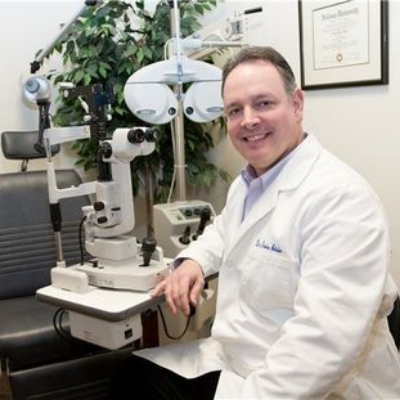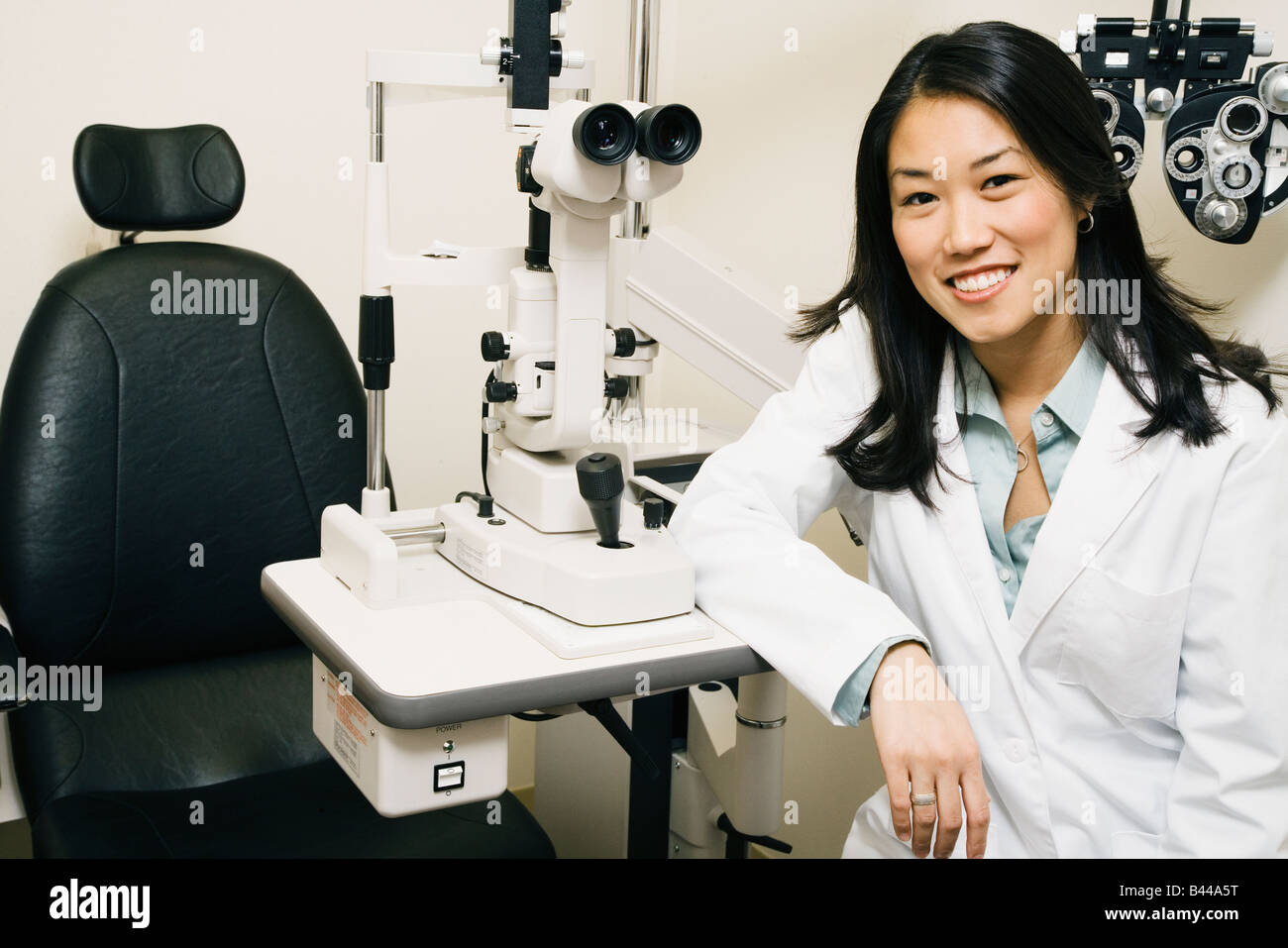Recognizing the Comprehensive Duty of an Optometrist in Modern Eye Care
With developments in technology and an increasing focus on preventative treatment, eye doctors are integral in diagnosing and managing chronic eye conditions, while additionally engaging in early disease discovery. Exactly how do these responsibilities intersect with their duty in promoting general eye health, and what does this mean for person results in a joint health care atmosphere?
Expanded Extent of Practice
In current years, the duty of optometrists has actually progressed dramatically, with many specialists now accepting a broadened range of method that prolongs beyond standard eye exams. Their obligations now include a large variety of services, consisting of recommending medications for ocular problems, taking care of chronic eye diseases, and carrying out small surgical treatments.
Even more, eye doctors are now more associated with collaborative treatment, functioning very closely with eye doctors, key treatment physicians, and various other medical care specialists to make sure all natural client care. This interprofessional collaboration is vital in managing complicated instances that require a multidisciplinary technique. Additionally, optometrists are playing a pivotal function in public health and wellness efforts, such as vision screenings and eye health education, targeted at boosting neighborhood health outcomes.
The expanded scope of practice for eye doctors not only enhances their capability to offer extensive treatment but also deals with the growing need for effective and obtainable eye treatment services, adding to overall healthcare enhancements.
Very Early Illness Detection
Early discovery of eye conditions is significantly coming to be a prime focus in the expanded function of optometrists. As main eye care companies, eye doctors are uniquely placed to determine early indications of eye problems such as glaucoma, macular deterioration, diabetic retinopathy, and cataracts. This crucial function is important, as early medical diagnosis can significantly enhance the management and prognosis of these problems, possibly preventing vision loss and enhancing client results.
Optometrists use detailed eye evaluations to discover subtle modifications in vision and eye health and wellness. The ability to recognize early indications of systemic health issues, such as high blood pressure and diabetes mellitus, via ocular indications even more highlights the relevance of regular eye exams.
Furthermore, optometrists play an essential role in patient education, highlighting the value of routine eye evaluations as component of total wellness maintenance. By promoting a proactive technique to eye treatment, eye doctors contribute considerably to public health, guaranteeing diseases are caught and taken care of properly before they can advance.
Advanced Diagnostic Techniques
Advanced diagnostic methods have actually changed the technique of optometry, enabling professionals to detect and keep track of eye conditions with extraordinary accuracy. Technologies such as optical coherence tomography (OCT) supply high-resolution, cross-sectional photos of the retina, facilitating very early detection of conditions like glaucoma and macular degeneration.
Another vital innovation is electronic retinal imaging, which captures detailed sights of the retina making use of high-def cams. This modern technology is critical in recognizing changes in retinal structure in time, thereby assisting in the monitoring of problems like diabetic retinopathy. Aesthetic area screening, improved by computer-aided systems, permits accurate mapping of a client's area of vision, crucial in tracking and detecting glaucoma development.
Corneal topography, one more notable analysis device, creates detailed maps of the cornea's surface area. This is specifically useful in fitting call lenses and preparing refractive surgical procedure. These innovative analysis methods collectively make it possible for eye doctors to supply positive, targeted care, ensuring much better patient end results and reinforcing their crucial duty in eye wellness monitoring.
Managing Persistent Eye Problems
Handling persistent eye conditions is a view publisher site foundation of optometric care that calls for an extensive understanding of different ocular illness and their lasting implications. Optometrists play a pivotal role in tracking, handling, and diagnosing pop over to this web-site conditions such as glaucoma, diabetic person retinopathy, and age-related macular degeneration. These problems, if left untreated, can cause substantial visual impairment or blindness, highlighting the critical importance of ongoing care and administration.
Optometrists use a variety of diagnostic devices, consisting of optical coherence tomography (OCT), visual field screening, and fundus photography, to analyze the development of these chronic problems. By very closely keeping track of modifications in eye health and wellness, optometrists can adjust therapy strategies to minimize condition development. This may involve suggesting medications, advising way of life alterations, or coordinating with ophthalmologists for medical interventions when needed.

Role in Preventive Care
Precautionary treatment is a basic facet of optometry that concentrates on keeping eye wellness and avoiding the onset of ocular conditions. Eye doctors play a crucial role in early detection and avoidance, utilizing normal eye exams to determine threat elements and subtle modifications in ocular wellness. Eye Doctor. These assessments are not simply regarding vision adjustment however include a thorough analysis of eye features and structures, allowing the recognition of conditions such as glaucoma, cataracts, and macular degeneration at a very early stage
Along with diagnostics, eye doctors educate individuals on lifestyle options that advertise eye health, such as correct you could try these out nutrition, UV protection, and the value of regular eye check-ups. They advise on the right usage of electronic gadgets to stop digital eye pressure, a growing issue in the electronic age. Optometrists also supply support on safety eyewear for occupational and leisure activities, mitigating the danger of injury.
Preventive eye care reaches systemic wellness issues that materialize in the eyes, such as diabetes mellitus and high blood pressure. By working together with other healthcare experts, eye doctors add to alternative client treatment, highlighting the interconnectedness of ocular and systemic health and wellness. This positive approach is important in safeguarding aesthetic acuity and total health.
Final Thought
Optometrists currently inhabit an essential function in contemporary eye care, characterized by an increased range that consists of identifying and handling persistent eye conditions, prescribing medicines, and executing small surgeries (Opticore Optometry). Their knowledge in very early condition discovery is improved by sophisticated analysis strategies such as optical coherence tomography and electronic retinal imaging. By stressing preventive treatment and person education and learning, eye doctors add significantly to general eye health, collaborating with other medical care experts to guarantee efficient and comprehensive client end results

In addition to diagnostics, eye doctors inform patients on way of life options that advertise eye health and wellness, such as proper nutrition, UV defense, and the importance of regular eye exams.Preventative eye treatment extends to systemic health and wellness problems that manifest in the eyes, such as diabetic issues and hypertension.Optometrists currently inhabit a pivotal function in contemporary eye treatment, characterized by an increased extent that consists of diagnosing and handling chronic eye problems, prescribing medicines, and carrying out minor medical procedures.